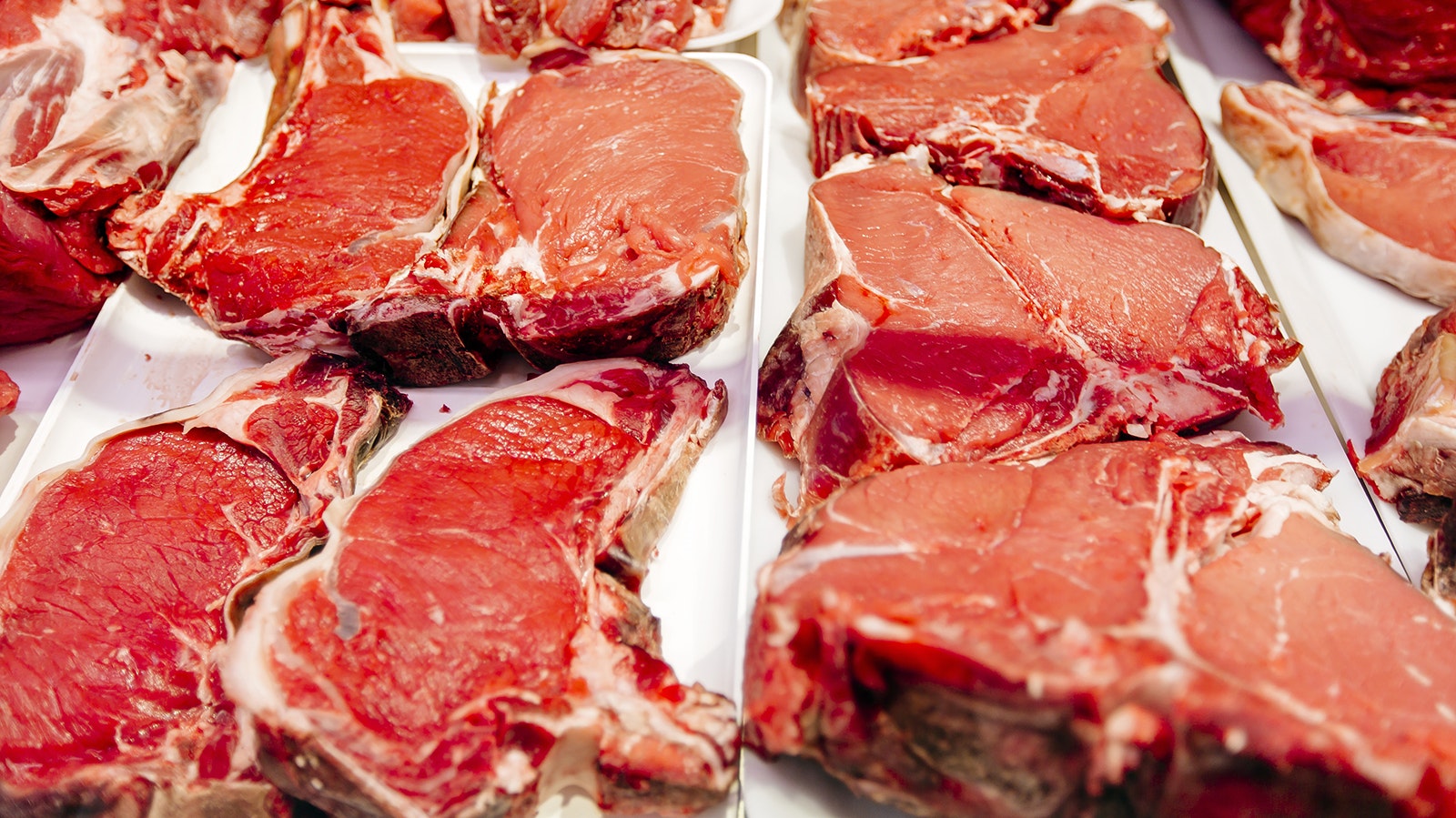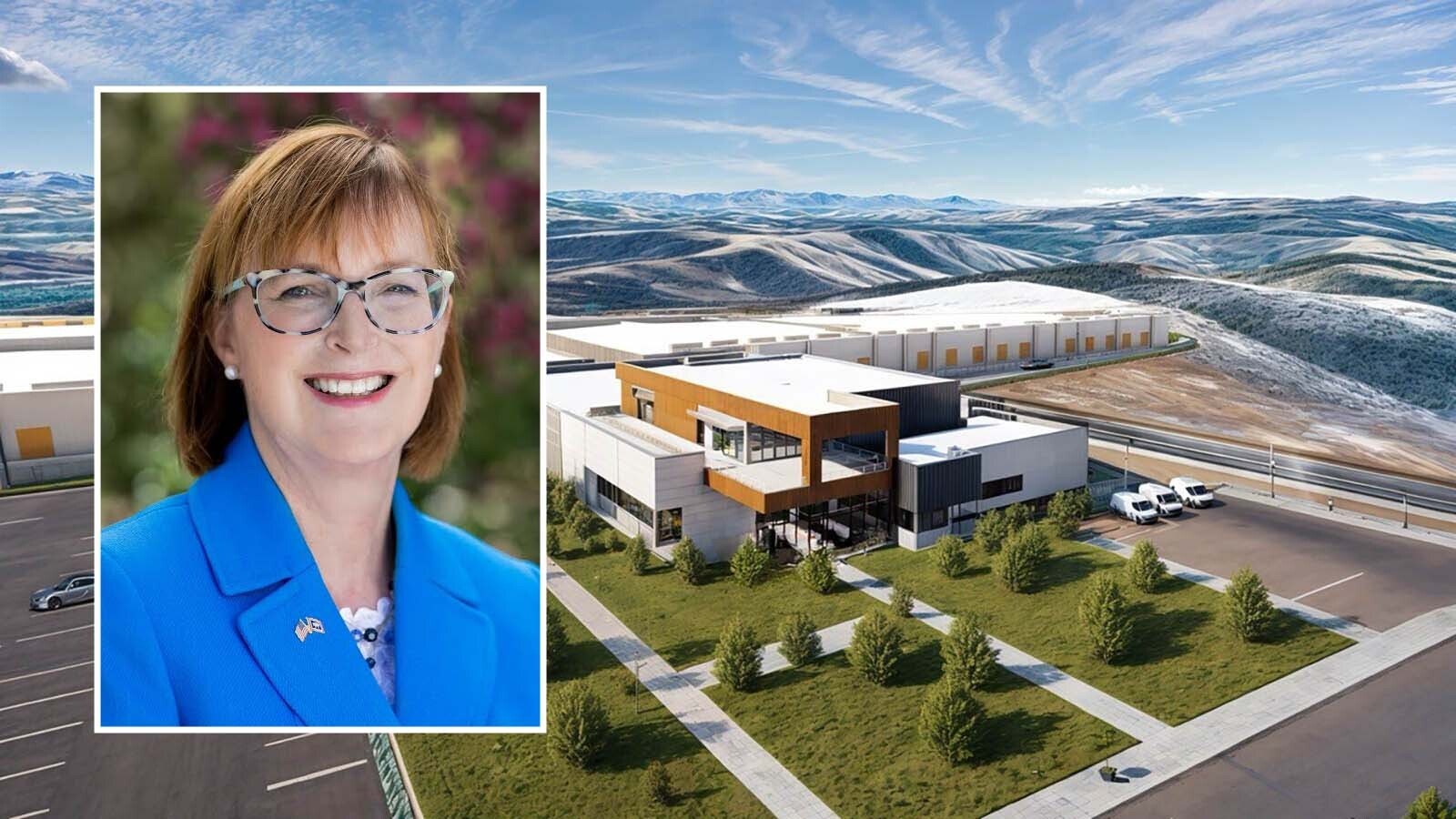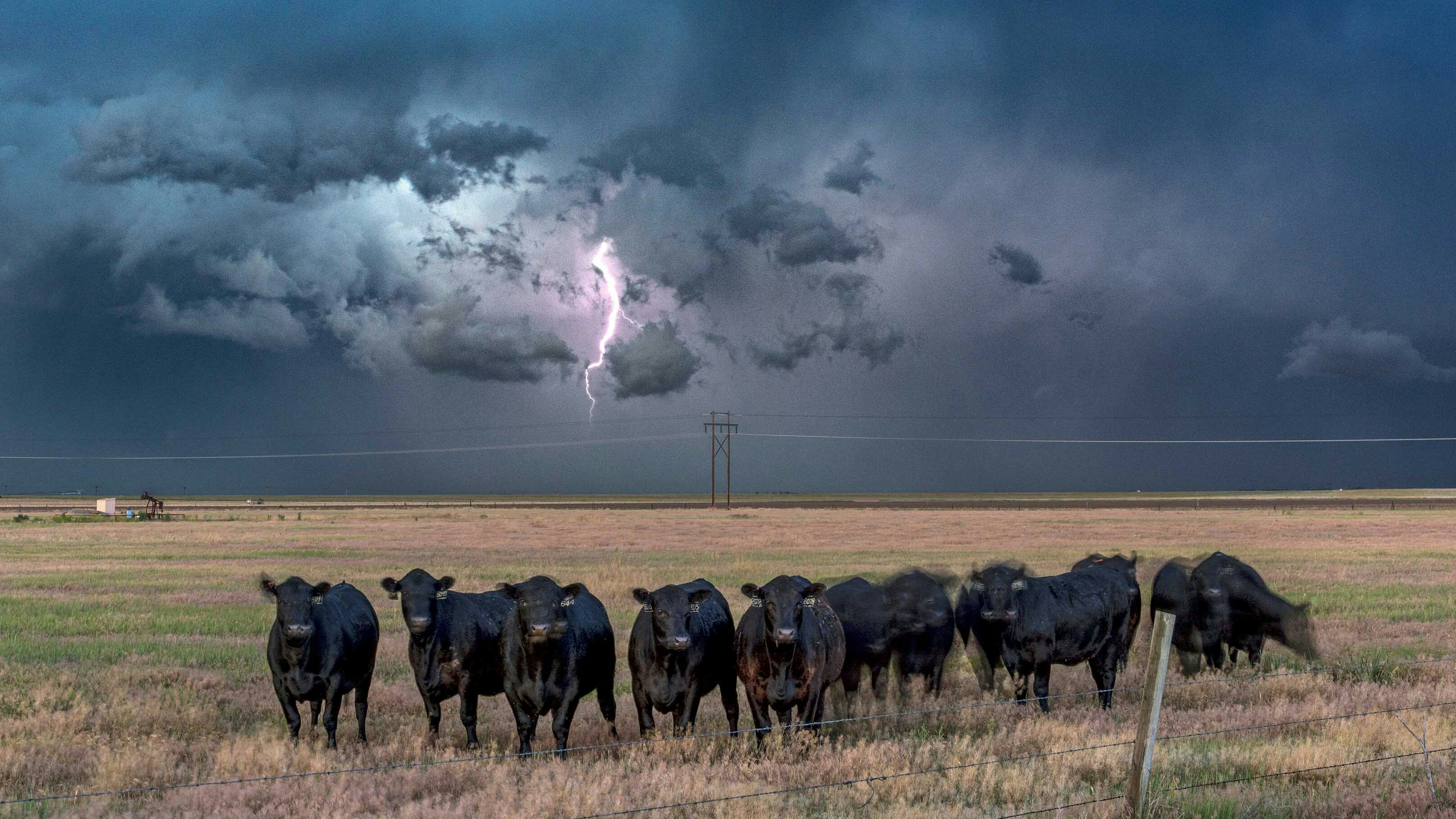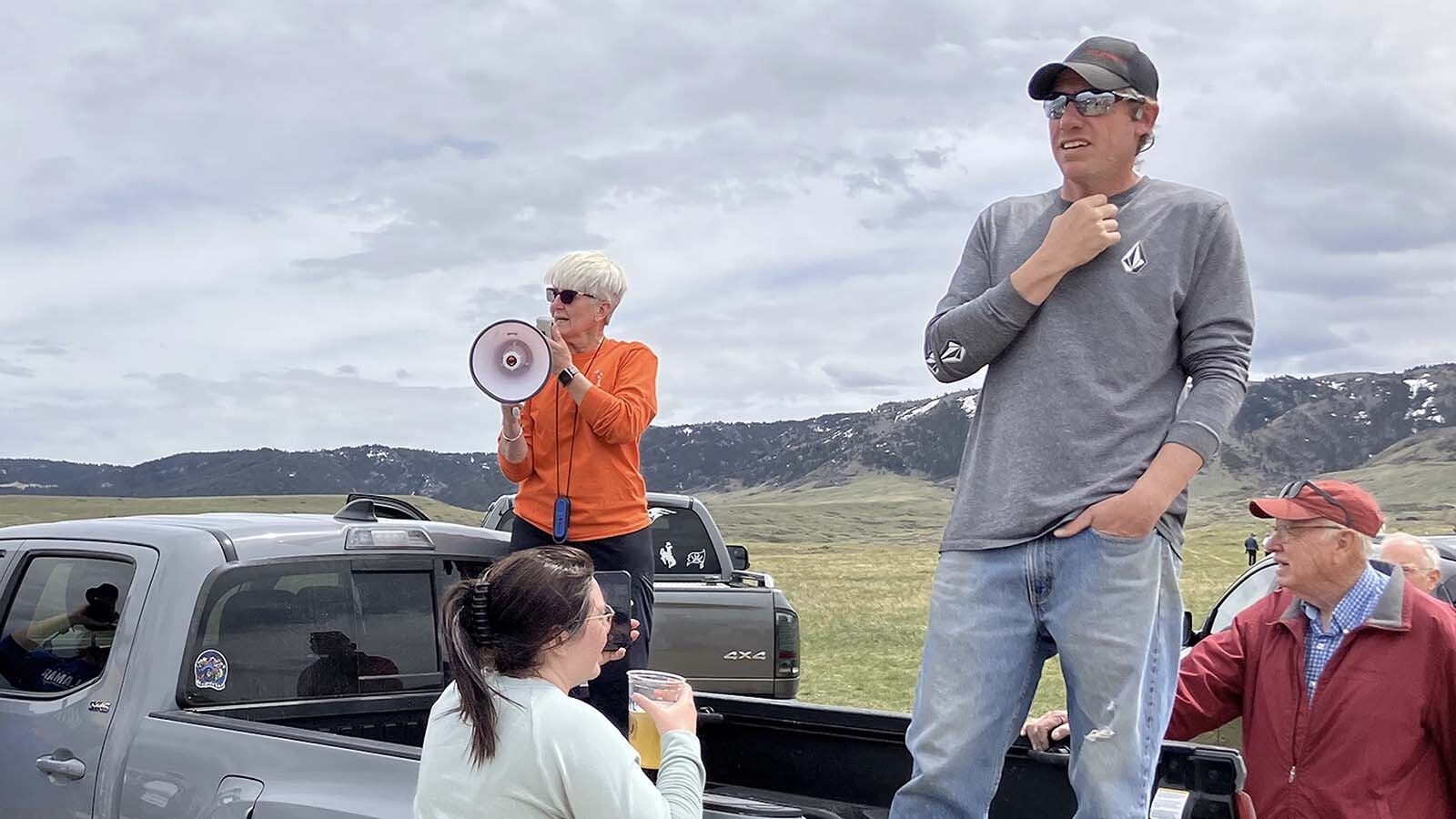While the EPA reports the cattle industry in the United States accounts for 2.4% of total greenhouse gas emissions, some consumers are convinced that beef production is a major cause of climate change.
Many of those same consumers, however, also love a thick, juicy steak. Now there is a label that could offer these guilt-ridden carnivores a way to have their steak and eat it too.
A USDA certification program for producers who demonstrate a 10% reduction in greenhouse gas emissions from their cattle below an industry baseline will earn them a certification that allows them to market their beef as low-carbon.
Brett Moline, spokesperson for the Wyoming Farm Bureau, told Cowboy State Daily that these niche markets might fetch premiums at the retail level, but the value to the producer depends on the cost of compliance.
Dr. Colin Beal, a rancher who founded Low Carbon Beef, a third-party verification company, told Cowboy State Daily that in some cases, producers are already in compliance.
Criteria
Beal was frustrated with the way people wrongly claim that cattle are a primary cause of climate change, but he was also frustrated with people who deny global warming.
He was seeing articles that over-represented the emissions from the cattle industry, and the beef industry also wasn’t interested in engaging in a discussion on its climate impacts.
“That was not really helping consumers understand the situation,” Beal said.
Rather than just go on being frustrated, he started Low Carbon Beef in 2018 in hopes of finding solutions.
In November, the USDA approved a program for labeling beef as low-carbon, and Low Carbon Beef was later approved for a process verified program. The program has 20 criteria within four categories: feed, fuel, fertilizer and cattle performance.
The specifics, Beal said, looks at things like the amount of fat that’s in the feedlot ration, the amount of nitrogen fertilizers that are applied to a ranch, and if the rancher uses any anti-methane feed additives. They score all these points, positive and negative, to arrive at a net total.
If the cattle qualify for certification, then the cattle owner or whoever is retailing the beef can apply to the USDA for labeling approval.
Efficient Cows
Beal said Low Carbon Beef doesn’t charge the producer for conducting the certification. The company operates under a model where Low Carbon Beef gets a commission from the packer, and then the packer pays a premium to the producer.
“Our goal is really to add value for producers who are producing cattle with the best practices and most efficiently,” Beal said.
As ranchers like to keep costs down and operate as efficiently as possible, like any business, Beal said cattle are sometimes already certifiable.
Niche Markets
Moline said that, despite the premiums organic foods fetch, not every farmer and rancher goes organic. There’s a reason for that. There’s usually an added cost to get the certifications, but there isn’t always demand for the product.
He said a lot of producers will jump into these kinds of niche markets, and when that supply goes well beyond the demand, prices can no longer justify the costs.
“Sometimes they just don’t pan out,” Moline said.
It’s also not easy to get shelf space for new products, as there’s only so much room in grocery stores. Squeezing low-carbon beef into the organic section might not be easy.
Revenue Source
There are, however, people with lots of disposable income who are concerned about the environmental impacts of the food they eat. As such, there are plenty of organic farmers and ranchers who produce grass-fed beef, even in Wyoming.
With the low-carbon label being so new, Moline couldn’t say what the potential is for marketing under it. He said some producers are engaging in direct marketing, and there could be opportunity with the low-carbon label there.
Jim Magagna, executive vice president of the Wyoming Stockgrowers Association, told Cowboy State Daily that with proper grazing practices, Wyoming producers have a net carbon sequestration effect.
So, they might not have a lot of added cost for the label.
“We can use every source of revenue we can get,” Magagna said.
Grant Program
Beal said it’s important to look at the emissions impacts of the cattle industry in a context that considers benefits. Besides the nutritious value of beef, there are hundreds of products that are made from cows — everything from leather to soaps.
He said that Low Carbon Technologies, which acquired Low Carbon Beef, is accepting applications for a $10 million pilot program.
The program provides a number of grants under the USDA Climate-Smart program to “execute a fully integrated lifecycle approach to reduce greenhouse gas emission from beef cattle at a commercial scale.”
“I would like producers in Wyoming to reach out if they have an interest,” Beal said.





